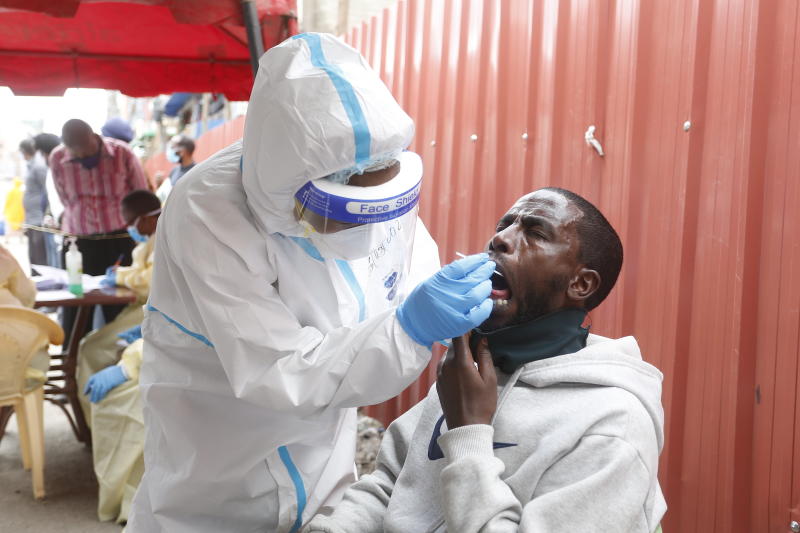×
The Standard e-Paper
Home To Bold Columnists

Kenya is not quick to take up experimental cure for Covid-19 from Madagascar.
This revelation came even as the government confirmed the country has been approved by the World Health Organisation (WHO) to take part in clinical trials.